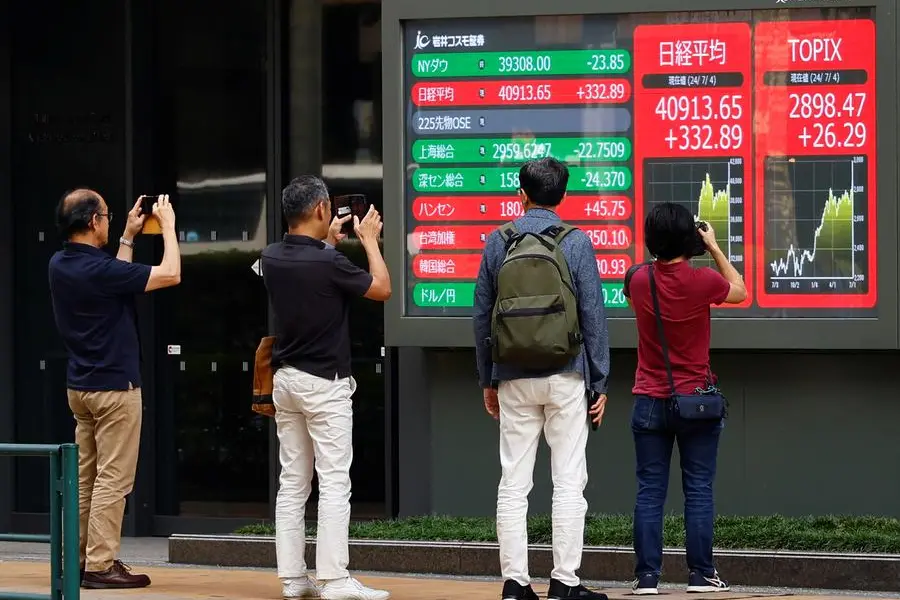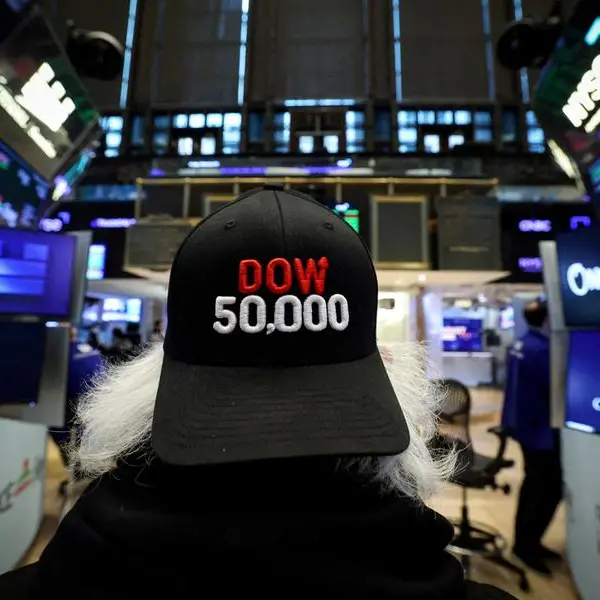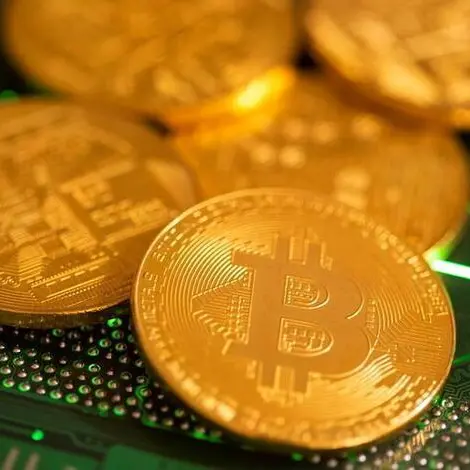PHOTO
HONG KONG/SYDNEY - A bold play for Japanese convenience store giant Seven & i Holdings this week offers further evidence that inbound Japan M&A is very much back on the map and seeing some landmark moments.
A cheap yen and low interest rates have combined with groundbreaking changes in corporate acquisition guidelines as well as progress in governance reforms. The result: foreign purchases of Japanese companies have surged.
Announced deals so far this year total some $15.3 billion, up from $3.9 billion in the same period for 2023, LSEG data shows. That marks the highest level since 2007 when the figure was $21.7 billion.
The owner of the 7-Eleven convenience store chain announced on Monday it had received a preliminary takeover offer from Canada's Alimentation Couche-Tard, the owner of Circle-K stores.
Though a potential deal value has not been disclosed, Seven & i said the offer was for the whole company. It currently has a market value of around 5 trillion yen ($34 billion).
Antitrust concerns could impede the deal but if successful, it would be the largest corporate foreign buyout of a Japanese company ever, surpassing the $18 billion acquisition of Toshiba's memory chip business in 2017 by a consortium led by Bain Capital, according to LSEG data.
"Japan's rise into the M&A spotlight continues. Recent corporate governance reforms, coupled with a weaker yen, relatively low cost of funding and stable economic outlook make Japan an attractive geography for both global strategic and financial investors," said Tom Barsha, head of Asia Pacific M&A at Bank of America.
Corporate governance reforms in recent years have encouraged companies to lift returns but the most immediate catalyst for change has been guidelines from Japan's ministry of trade and industry issued a year ago that have set out the processes companies should follow for a bona fide offer.
This includes not spurning a credible offer before notifying the board or allowing it to give sincere consideration, as well as taking the interests of shareholders into account.
M&A experts note Seven & i was upfront about receiving an offer and that it has formed a special committee to evaluate the bid - actions commonplace in Western markets but not to be taken for granted in Japan.
"We've been seeing the amount of M&A activity, managed buyouts, delistings and every little step up. But as far as strategic, you can come in with a bona fide offer, then have that offer announced to the market and be promptly considered, that's a watershed moment," said James Halse, co-founder of Sydney-based Senjin Capital.
The new guidelines have lowered "psychological hurdles" for potential buyers interested in making buyout proposals to Japanese companies, bankers also said.
"Japanese companies are at least more likely to consider a proposal before rejecting it right away," said a Tokyo-based investment banker with a global bank who declined to be identified.
Signs of stronger growth for Japan's economy as well as inflation are also helping the country's capital markets roar to life.
And even though the yen has rallied some 10% from a 38-year low struck in July, it remains weak by historical standards. The stock market is relatively buoyant. While it has come off an all-time high seen in July, it has also recouped much of the ground lost from a collapse in August.
A shift in global investments amid U.S.-Sino tensions has also contributed to the deal momentum in Japan.
"Japan is the largest mature economy in the region outside China. Friendshoring is boosting local manufacturing," said Duncan Clark, chairman and founder of investment advisory firm BDA. "Japanese companies' global footprint is also an attractive play for investors. "
"Not to say the doors are wide open. But there is a sense of change and possibility," he said, noting the end of deflation in Japan could bring new opportunities for investors.
Big deals this year include Bosch's $3.5 billion acquisition of Johnson Controls-Hitachi Air Conditioning (JCHAC), a joint venture of Johnson Controls and Hitachi, as part of a larger takeover of the two companies' global residential ventilation businesses.
U.S. private equity giant KKR & Co also said this month it would launch a tender offer for Japan's Fuji Soft , in a 558.4 billion yen ($3.8 billion) deal to take the software developer private, the year's largest planned inbound takeover to date.
Half of the top 10 inbound deals this year have been driven by private equity firms, the data showed.
(Reporting by Kane Wu in Hong Kong, Scott Murdoch in Sydney and Makiko Yamazaki and Rocky Swift in Tokyo; Editing by Edwina Gibbs)





















